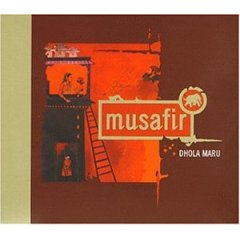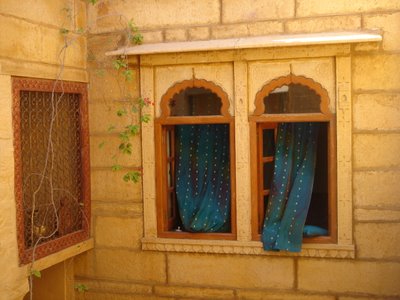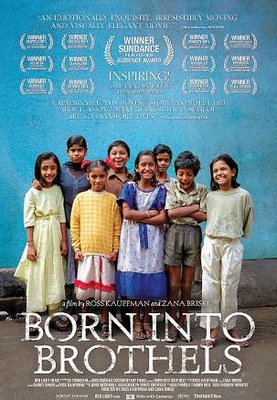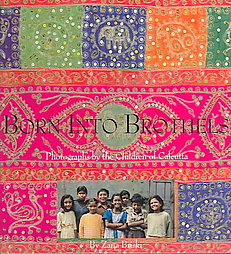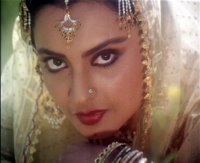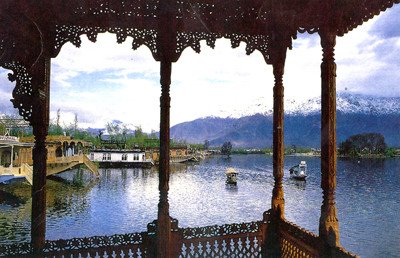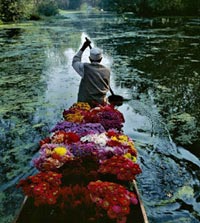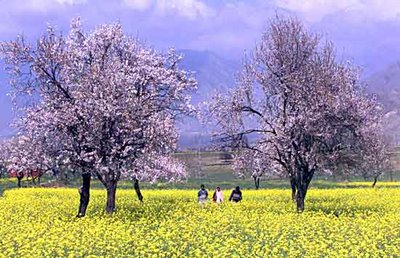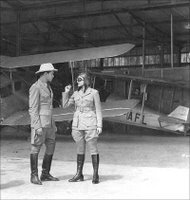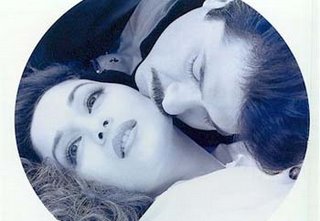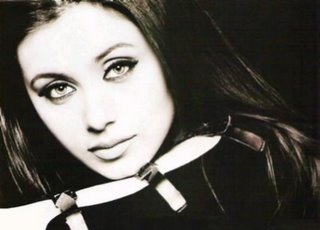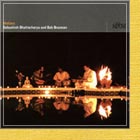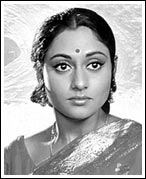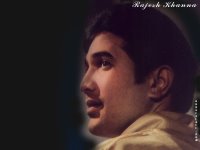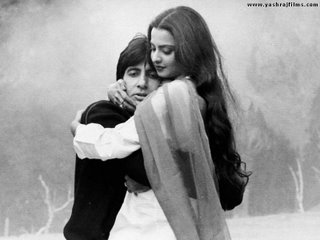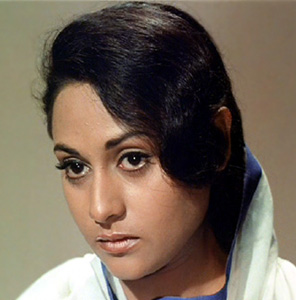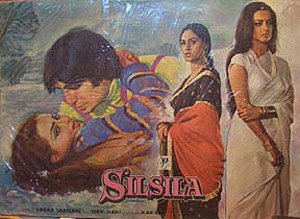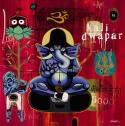

Few movies have such universal appeal across generations as the 1976 classic, 'Kabhie Kabhie'. The songs for the movie log in at #13 according to the BBC's 'Top 40 Bollywood Soundtracks of all time'. Parents & their kids alike know the songs and the songs resonate with even those Desis that have not been bitten by the Bollywood bug. In short, a movie like 'Kabhie Kabhie' comes along only so often in Hindi cinema and it's not only due to all six of it's stars turning in career-defining roles. It's also due to the fact that there are few movies that boast of such a rich haul of timeless lyrics, lilting music, poetic dialogue and a theme that explores the many aspects of romance - both young and young at heart.
To date, Yash Chopra maintains that 'Kabhie Kabhie' was an art film in commercial garb. It combined many big stars of the day with roles that audiences were not used to seeing them in and of course - it had those timeless songs. Yash Chopra's financer and friend Gulshan Rai even told told him after watching the film that he felt he had wasted his money and that the film had little chance of success. But Yash did not waver in his support & 'Kabhie Kabhie' went on to become the biggest hit of the year.
'Kabhie Kabhie' ranks among my 10 "desert island soundtracks" meaning there are entirely too many great songs to just select 1 or 2 favorites. Thus there will be two songs for today and two more next week (all presented in chronological order of how they appear in the movie). The 1st song is Main Pal Do Pal by Mukesh and is preceded by the now famous introduction to the movie by Amitabh Bachchan (see the song here). The 2nd song is arguably the most famous love song in all of Indian cinema, the title song of Kabhie Kabhie itself - just perfect in it's lyrics, music and vocals. The video shows however that the lyrics belie what is really happening on screen.



